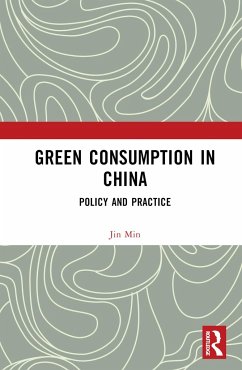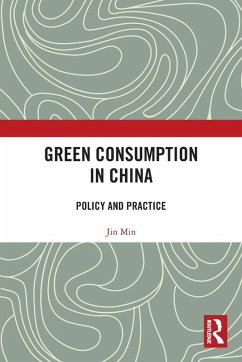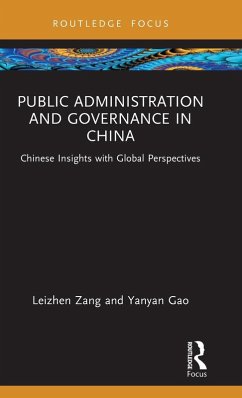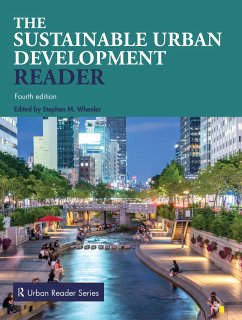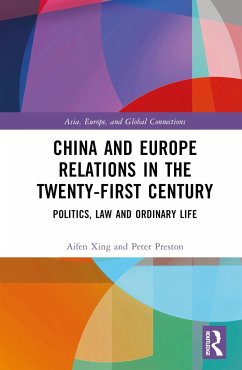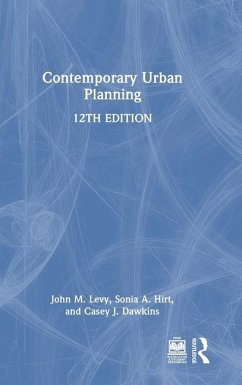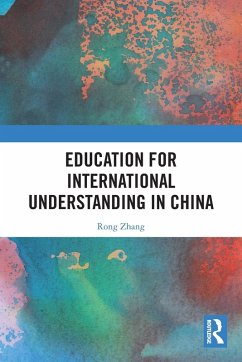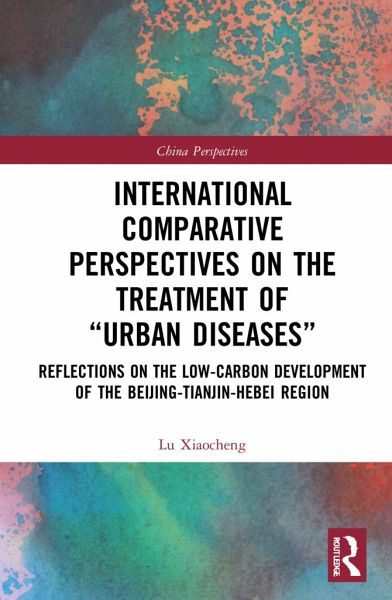
International Comparative Perspectives on the Treatment of "Urban Diseases"
Reflections on the Low-Carbon Development of the Beijing-Tianjin-Hebei Region
Mitarbeit: Xia, Xia
Versandkostenfrei!
Versandfertig in 6-10 Tagen
191,99 €
inkl. MwSt.
Weitere Ausgaben:

PAYBACK Punkte
96 °P sammeln!
With an integration of theories, comparative and empirical studies, this book aims to find a treatment for Beijing's "urban diseases" and coordinate a low-carbon development plan for the Beijing-Tianjin-Hebei region in China. Unprecedented industrialization and unconventional urbanization caused a series of "urban diseases" for developing cities across the globe. By summarizing and exploring the evolution and phased characteristics of "urban diseases", the author implements theories across classical sociology, human ecology, community school, and low-carbon city as the base for policy recommen...
With an integration of theories, comparative and empirical studies, this book aims to find a treatment for Beijing's "urban diseases" and coordinate a low-carbon development plan for the Beijing-Tianjin-Hebei region in China. Unprecedented industrialization and unconventional urbanization caused a series of "urban diseases" for developing cities across the globe. By summarizing and exploring the evolution and phased characteristics of "urban diseases", the author implements theories across classical sociology, human ecology, community school, and low-carbon city as the base for policy recommendations. This book also provides in-depth examinations and comparative studies of other metropolises' experiences in controlling "urban diseases". Cities such as New York, London, and Tokyo were modeled to propose the most appropriate low-carbon development plan for the Beijing-Tianjin-Hebei region.
With a focus on developing cities in Northern China, this book will be a great read to all scholars and students of environmental studies, development studies, urban studies, and contemporary China studies. It will also be a great addition for those who are interested in social conflicts and economic development.
With a focus on developing cities in Northern China, this book will be a great read to all scholars and students of environmental studies, development studies, urban studies, and contemporary China studies. It will also be a great addition for those who are interested in social conflicts and economic development.






